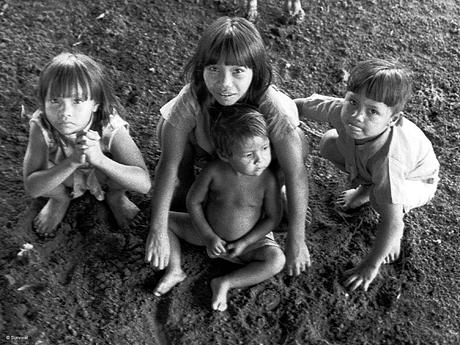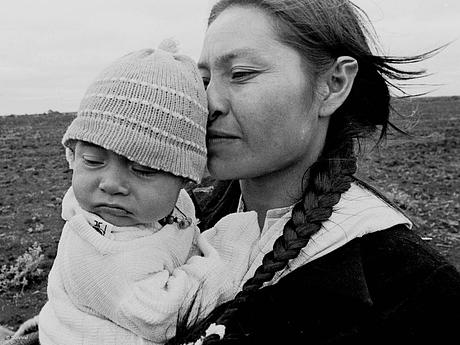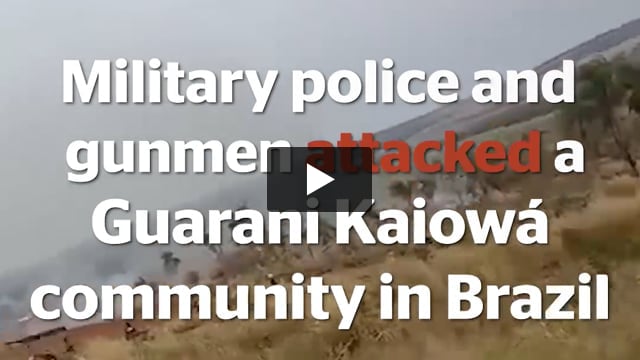Brazilian Senate debates dire situation of Guarani Indians
March 26, 2010
 © João Ripper/Survival
© João Ripper/SurvivalThis page was last updated in 2010 and may contain language which is now outdated.
Five days after the publication of Survival International’s report on the Guarani to the UN which highlighted the denial of their land rights by the Brazilian government, the Brazilian Senate’s Human Rights Commission this Tuesday met to discuss the serious problems of discrimination and violence which the Guarani face.
Present at the meeting were various senators, Indigenous representatives, the federal prosecutor working on Guarani land cases, and anthropologists.
Senator Marina Silva, who called the debate, stated that the increase in the cultivation of soya and sugar cane and the growth of the beef industry are provoking violence against the Guarani and forcing them to leave their ancestral lands.
She added that this upheaval is putting the lives of the Guarani at risk, and that the rates of alcoholism, malnutrition and suicide have increased amongst the Guarani population.
Guarani Kaiowá representative, Anastácio Peralta told the Commission, ‘The mentality has been the same for the past 500 years: to exploit the Indians and the land, to make profit. We are treated like animals and our food is rationed’.
Public Prosecutor Dr. Marco Antônio Delfino de Almeida emphasized the inhumane treatment to which the Guarani are exposed, stating that ‘The Guarani do not have access to the same services as other citizens. It is an unacceptable case of prejudice… Indigenous issues in the country must be prioritized’.
He added, ‘There is nothing more degrading and humiliating for the Indigenous people than to receive basic food baskets. The Indigenous people need land to produce food and feed their families. The treatment they receive is a form of violence’.
Anthropologist Rubens Tomás de Almeida urged that studies must be implemented to map out the ancestral land of the Guarani and to return it to the Guarani communities.
Rosana Kaingang, representative of the Association of Indigenous Peoples of Brazil (APIB), indicated that ‘If Brazil was democratic, it would not be imprisoning our leaders, violating our rights and sending the Police after us to invade our houses at dawn and to imprison heads of households’.



